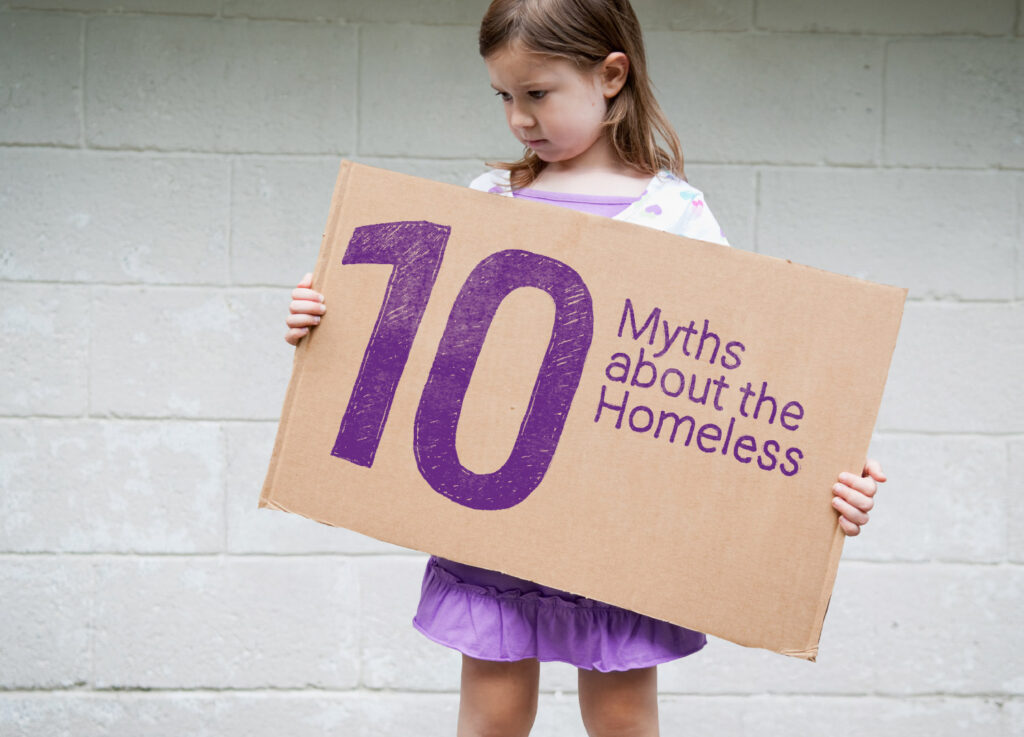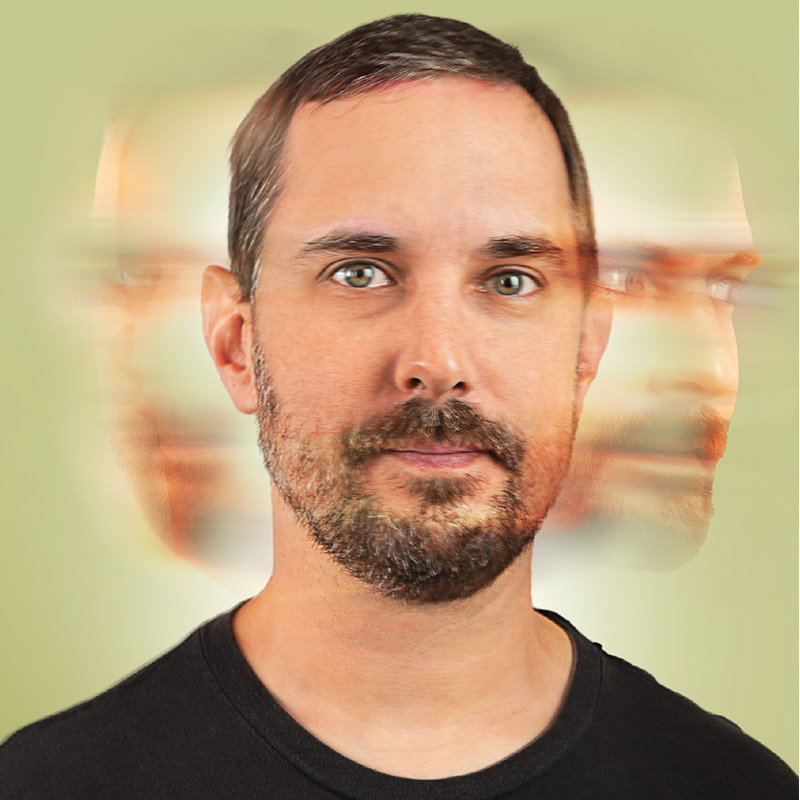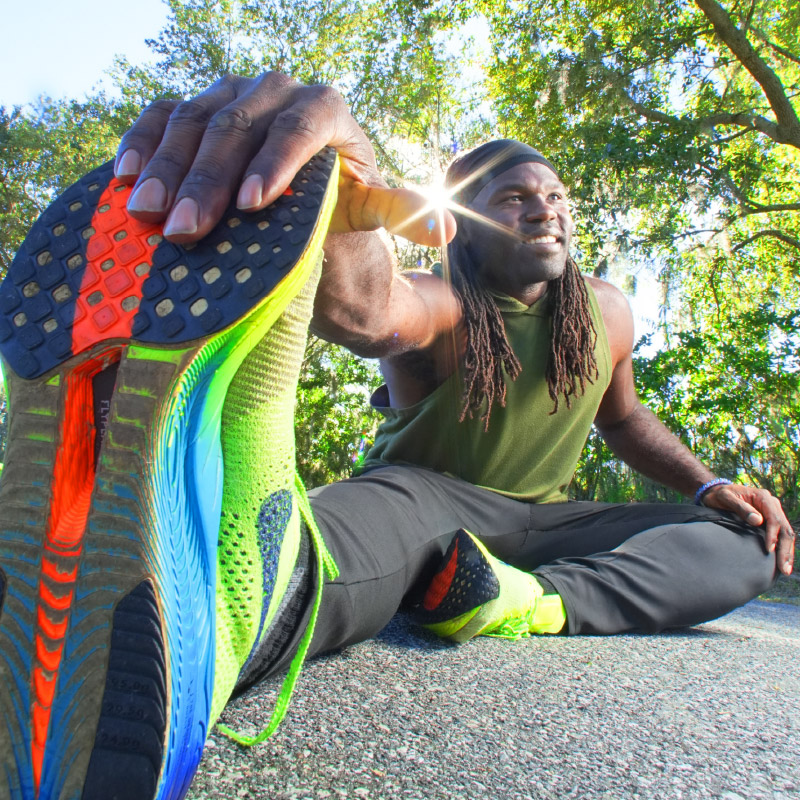Oh Well!
Finding My Way
From facing the brink of death to forging a path of resilience, Adrian Jeremiah Colon’s journey is one of triumph over adversity.
- Heather Anne Lee
- Fred Lopez
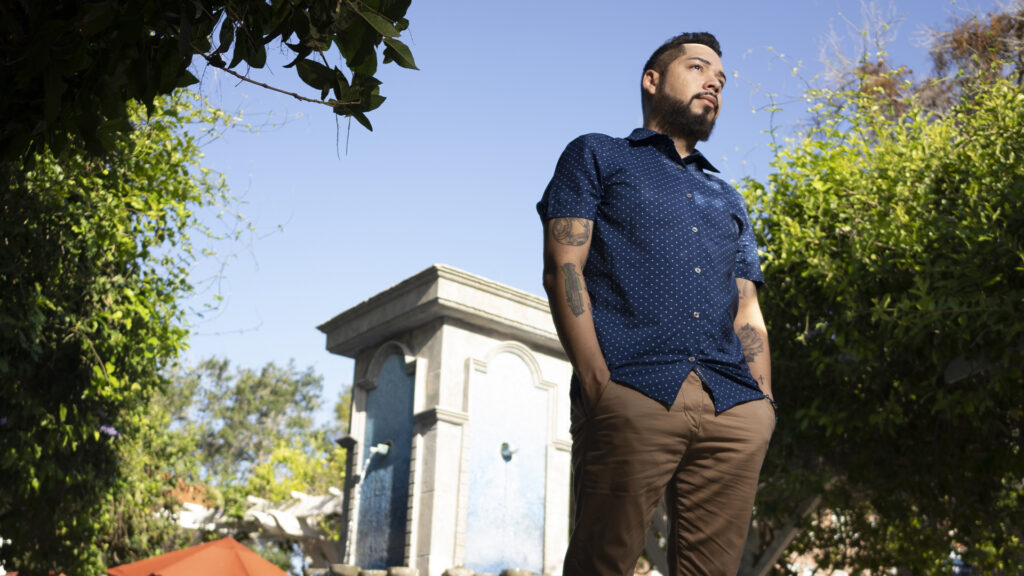
“I almost had to die twice in order to finally live.”
That statement lingers poignantly in the air as Adrian Jeremiah Colon pauses to collect his thoughts.
“I’ve been Baker Acted twice for attempted suicide. I live with anxiety and depression, and I’m a product of childhood trauma. But… I am also a success story,” he says. “I believe that. I embrace that. I live that. I am a survivor, and if sharing my story helps even one other man survive and thrive, then I’m making the most of my experience. One of my mottos is: The life you save could be yours.”
Through his words, Adrian paints a beacon of hope, showing that even in the darkest moments, the human spirit has the power to emerge stronger and brighter than ever.
Though his message is universal, Adrian is keenly focused on helping other men navigate the murky waters of mental health. Traditionally, men are awful at talking about their overall emotional well-being, and feelings in general. But being “good” or “fine” is hardly accurate. According to the latest available numbers, men die by suicide 3.63 times more often than women. Seventy percent of all suicides are men.
According to Adrian, those statistics skyrocket in ethnic communities, where toxic masculinity is still a way of life. “It’s challenging enough to be a man, but being Latino… you don’t talk about mental health, you don’t talk about what you’re experiencing. It’s not even up for discussion. But why? I’ve learned it takes so much more strength to be vulnerable, to speak up when you are having problems. To realize that it’s not what other people think of you for sharing; it’s how you think of you.”
Which is where Adrian’s battle cry and social media message — Screw Their Version of You — was born. This statement resonates with anyone who has grappled with societal expectations, personal doubts, and the pressures of conformity. “Screw your own version of yourself, and screw whatever version people think of you.” With this, Adrian stresses the significance of letting go and throwing away the power that society and others hold over self-worth.
Unfortunately, there’s a lot of stigma, secrecy, and reluctance cloaking the discussion of men’s mental health. Many men feel pressured to be stoic about their emotions, stress, trauma, and general mental health. In turn, there is also plenty of pressure on men to cope with the ups and downs of mental health silently and alone. Because of these societal norms, there’s this seemingly insurmountable fear of the backlash tied to acknowledging and expressing their emotions. Just like any other gender, men do get lonely, experience grief, and feel vulnerable. Yet, for some reason, the antiquated response to “Man up!” or “Suck it up!” continues to be perpetuated, creating generations of men around the globe (demographics and cultures do not discriminate on this front) who fear expressing themselves, struggle to identify and/or regulate their emotions, and are definitely not into going to therapy. Adrian says, “Who wants to be vulnerable if they are going to be shamed or name-called back into hiding each time they try to speak what’s on their heart? Precisely no one. It’s easier to remain silent.”
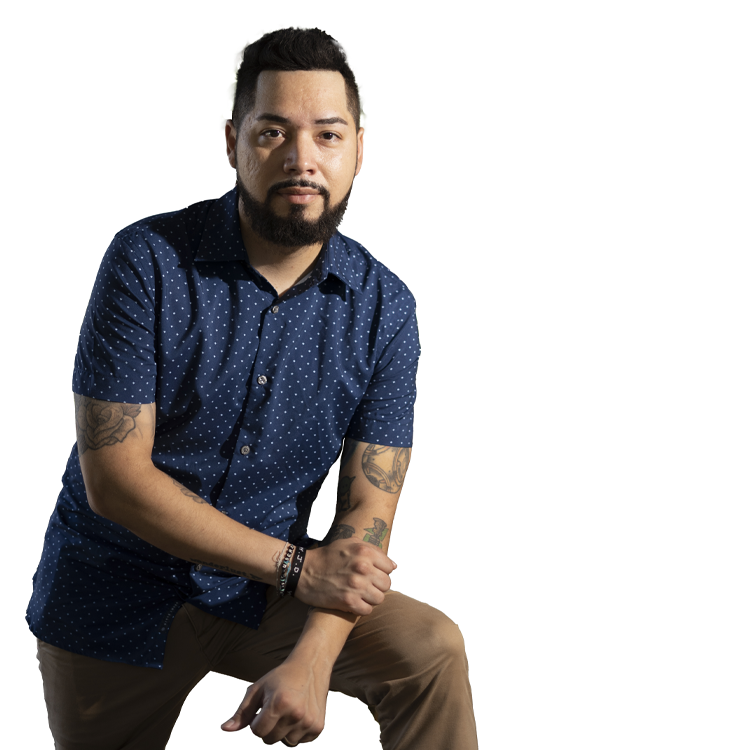
The problem is that the silence of men’s mental health is killing them. Men are four times more likely to complete suicide than their female counterparts. Depression and suicide are among the leading causes of death in men, and yet men remain far less likely to seek therapeutic mental health treatment than women due to social and cultural norms, downplaying their emotions, trauma, and reluctance to speak up. “I think the difference is that women tend to talk about their mental health more—they share with one another. And men don’t,” Adrian shares. “‘Man up!’ is not the answer to the myriad of issues surrounding men’s mental health. It’s a lingering symptom of toxic masculinity embedded in our culture that is preventing men from feeling and healing.And that needs to change.”
Adrian’s message is that you can take more control of your mental health, and what you’re feeling. You can also encourage this with your other male friends. Here, Adrian shares six ways men can start being healthier about mental health.
Wellness Counts
1 in 5
people have suicidal thoughts.
SOURCE: NHS Digital
1 in 15
people attempt suicide.
SOURCE: NHS Digital
54%
In 2021, firearms accounted for over 54% of all suicide deaths.
SOURCE: cdc.gov
45-49
Males aged 45-49 have the highest suicide rate.
SOURCE: Samaritans
6Mill
men suffer from depression every year.
SOURCE: Mental Health America
Get Open
“We need to stop telling men (including ourselves) to ‘man up’—instead, we need to open up. We’re wired as men to put on a strong face and carry it all on our own. We must start talking more openly about our feelings—and when we do open up, we must do so without apology. We often can be so closed-minded and stubborn that we bottle up our emotions and leave them inside, and let me tell you—keeping our emotions inside is part of what’s killing us. Open up to your friends and loved ones, and when they open up to you—listen to them without judging.”
Get Control
“We all beat ourselves up sometimes over the would’ve / should’ve / could’ve in our pasts. We worry about the things that might happen if we do or don’t do something. These are all things that we cannot control. Worry about the things you can control. Your diet. Your routine. Your daily schedule. Set boundaries. This will help you keep your life in control, instead of always feeling like you’re spinning out of control.”
Get Active
“Exercise is a huge mood booster. Endorphins are no joke. You don’t have to hit the gym and throw around a bunch of weight, or run a half marathon, unless that’s your thing. You can just take a walk, beat up a punching bag, swim a couple laps in the pool, or simply get some work done in the yard. The point is to move your body. Getting active will keep your body and your mind in a positive place.”
Get Chill
“We’re so busy all the time: phone calls, texts, DM’s, emails, family, Zooms, meetings— it’s overwhelming. Carve out some time for you every day. Even if you do it in small increments—five minutes at a time. Take a moment or two every day to center yourself. Take some deep breaths. Realize that you can’t do it all in a day sometimes, and that’s OK. You don’t have to always be hustling to be successful in life.”
Get Thankful
“When was the last time you took inventory of the small wins in your life? Regardless of what you may be going through at any specific moment, chances are you’ve got some good things going on, too. If you take a moment to focus on and be thankful for them, and maybe even make a small gratitude list in your notes app, chances are you’ll find you have more going for you than you realized. Celebrating and embracing the little things in life will add up to big wins.”
Get Help
“As guys, many of us have been conditioned to believe that asking for help is a sign of weakness. This is why men are known for never stopping to ask for directions, or not reading the instruction manual because we don’t want to be perceived as weak. Here’s the thing, my friend. Asking for help is a huge sign of strength. Even the most seasoned, elite athletes have strength and conditioning coaches helping them out. Those guys aren’t afraid to ask for help, and neither should you. Therapy is amazing.”
Adrian says, “When other men thank me for being vulnerable and sharing my story, it immediately teaches me that most, if not all, men want to be heard, to be loved, and to feel seen. We all have our struggles. All of us. Let’s use that to connect us rather than separate us.”
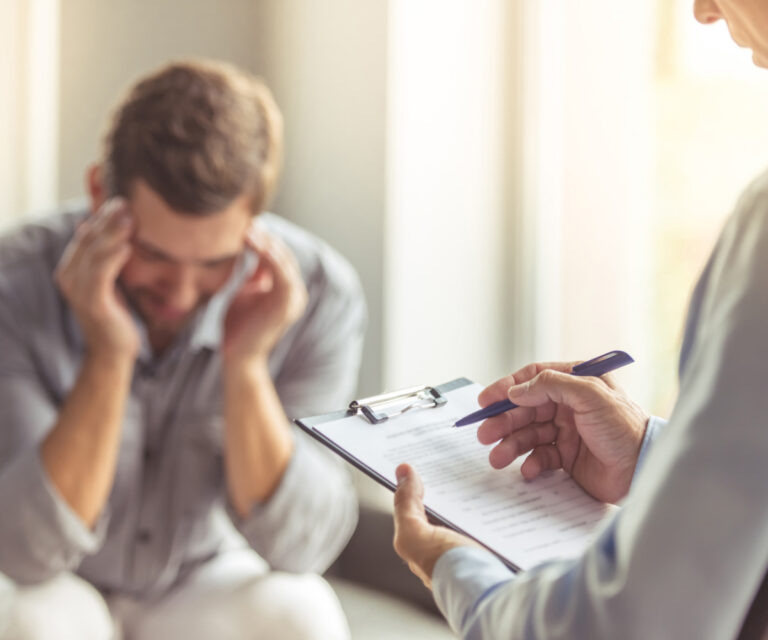
Baker Act (The Florida Mental Health Act of 1971)
The Baker Act gives police authority to take custody of an individual against his or her will for up to 72 hours of psychiatric evaluation at healthcare facilities in Florida, where the individual may be held involuntarily.
If you or someone you love is considering suicide or expressing suicidal ideation, please call the Suicide and Crisis Lifeline by dialing 988.

